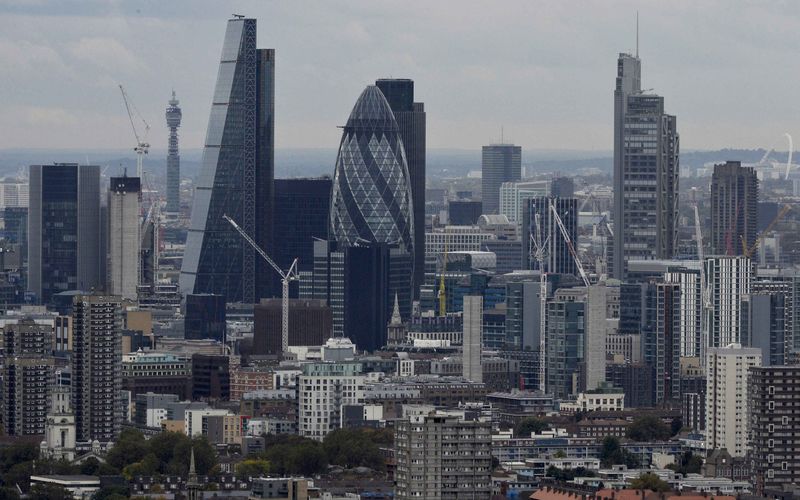LONDON (Reuters) - British businesses reported stronger activity in the three months to October after an initial slowdown following June's vote to leave the European Union, the Confederation of British Industry said on Sunday.
The CBI said its monthly growth indicator - which is based on surveys of how companies' output has changed over the previous three months - rose to +8 in October from a six-month low of +3 in September.
"Manufacturing exports are riding high on the back of weaker sterling and consumers are continuing to spend on the high street, but activity is more modest in the services sector," CBI chief economist Rain Newton-Smith said.
However the CBI said there were likely to be tougher times ahead, as uncertainty about the terms on which Britain would leave the EU had led to a "sharp deterioration" in planned investment.
"Although growth will be robust for the remainder of this year, we expect uncertainty ... to dampen business investment in 2017, along with a rise in inflation which will knock household spending," Newton-Smith said.
The forward-looking component of the CBI growth survey fell to +13 in October from a one-year high of +22 in September, though this was still above its long-run average.
Last week the CBI said it expected growth to slow to 1.3 percent next year from 2.0 percent in 2016, and to 1.1 percent in 2019.
This is a slightly darker outlook than the Bank of England, which revised up its 2017 growth forecast last week on the back of a fall in sterling and unexpectedly strong growth of 0.5 percent in the three months to September.

The CBI growth indicator is based on a combination of its surveys of manufacturers, retail and distribution companies and business and professional services firms, which it says covers about three quarters of the private-sector economy.